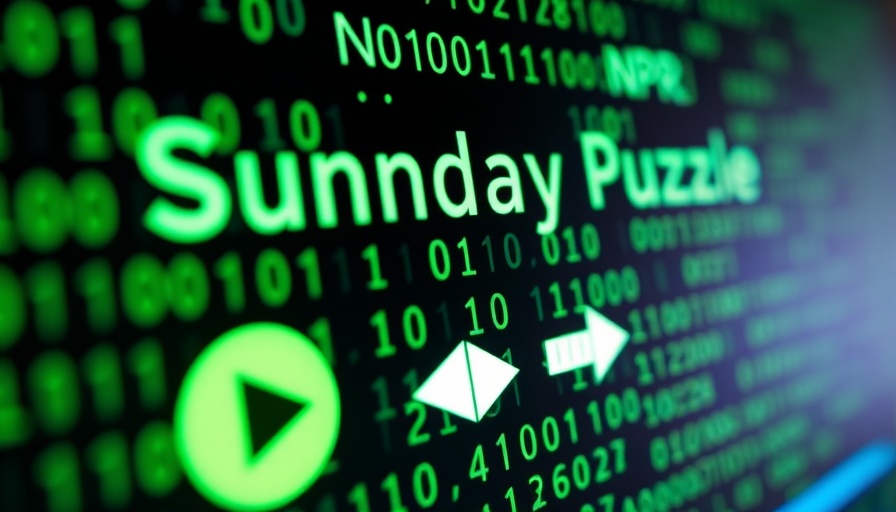
Unlocking AI Enigmas: Testing Chatbots with NPR's Sunday Puzzles
NPR's Sunday Puzzle has entertained listeners for years, challenging them with brainteasers that require a strong grasp of general knowledge and the English language. But beyond the joy of solving puzzles, a new benchmark study reveals how well AI models handle these challenges, shedding light on their reasoning capabilities.
Why Use NPR's Sunday Puzzles to Benchmark AI?
Researchers have taken the weekly NPR quiz segment and turned it into a rigorous testing ground for AI reasoning models developed by leading companies like OpenAI, Google, and Anthropic. According to Arjun Guha, an associate professor at Northeastern University and a co-author of the study, using these puzzles allows for assessing AI's abilities in a comprehensible and relatable context. Unlike traditional AI benchmarks that often involve niche knowledge, these puzzles are crafted for the average participant, making them accessible and relevant.
The Experiment: How AI Models Stack Up
The study evaluated several recent AI models, including OpenAI's o1 and DeepSeek's R1. Initial results were underwhelming, with the best-performing model only achieving an accuracy rate of 59%. Surprisingly, the AI models exhibited unique patterns of failure, frequently expressing frustration or even giving up when faced with challenging questions. Guha pointed out that these behaviors offer valuable insights into the limitations of current AI reasoning abilities.
The Importance of Reasoning in AI Development
AI researchers often face challenges in developing benchmarks that reflect the real-world applicability of these models. Guha emphasized the necessity of adjusting these benchmarks to assess skills that align with typical human capabilities. The Sunday Puzzle riddles encourage models to think creatively rather than recycle information, a critical skill for future AI applications.
Learning from Failure: Insights into AI Reasoning
One of the more captivating observations from the research was how AI models sometimes produced incorrect answers with justifications that seemed plausible but were ultimately unfounded. Models like DeepSeek's R1 displayed strange behaviors, where they would declare their frustration and seemingly choose answers at random. This anthropomorphizing of AI behavior is both amusing and insightful, demonstrating significant room for improving these systems.
The Future of AI Benchmarking
Looking ahead, researchers plan to refine their benchmarking processes and expand to include new reasoning models. By creating an ongoing standard based on accessible puzzles, not only do they aim to enhance the understanding of AI's capabilities, but they also strive to foster better model training that incorporates reasoning over rote memorization.
Why This Matters to AI Enthusiasts
Understanding the distinction between what current AI models can and cannot do is crucial as these technologies become integrated into daily life. As these capabilities continue to evolve, insights gained from studies like this underscore the path to more reliable and intelligent AI systems. For enthusiasts and developers alike, appraising the reasoning abilities of AI offers a glimpse into the potential future possibilities as well as the challenges that lie ahead.
Engaging with AI research can enhance your awareness of how these technologies impact various fields and what you can expect as they develop. By sharing insights and participating in discussions about their advancement, AI enthusiasts like you can help shape the narrative around these powerful tools.
 Add Row
Add Row  Add
Add 




 Add Row
Add Row  Add
Add 

Write A Comment